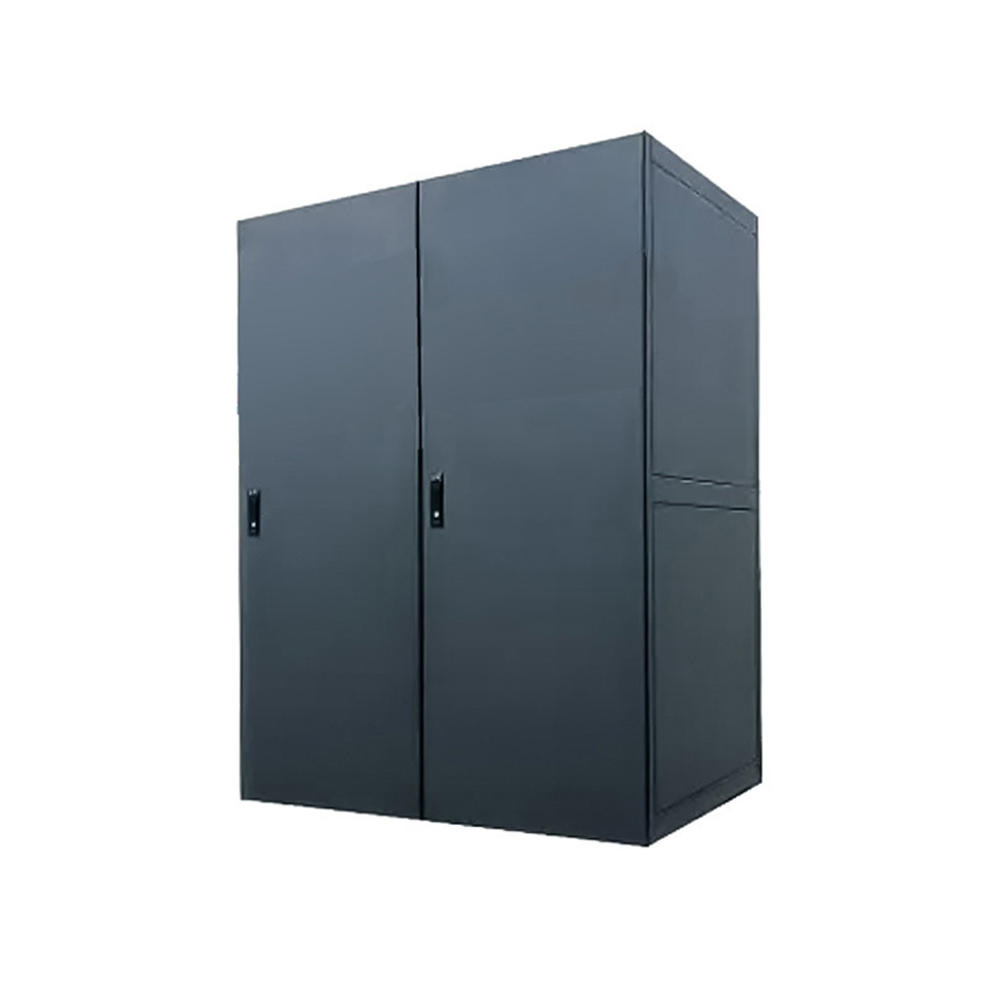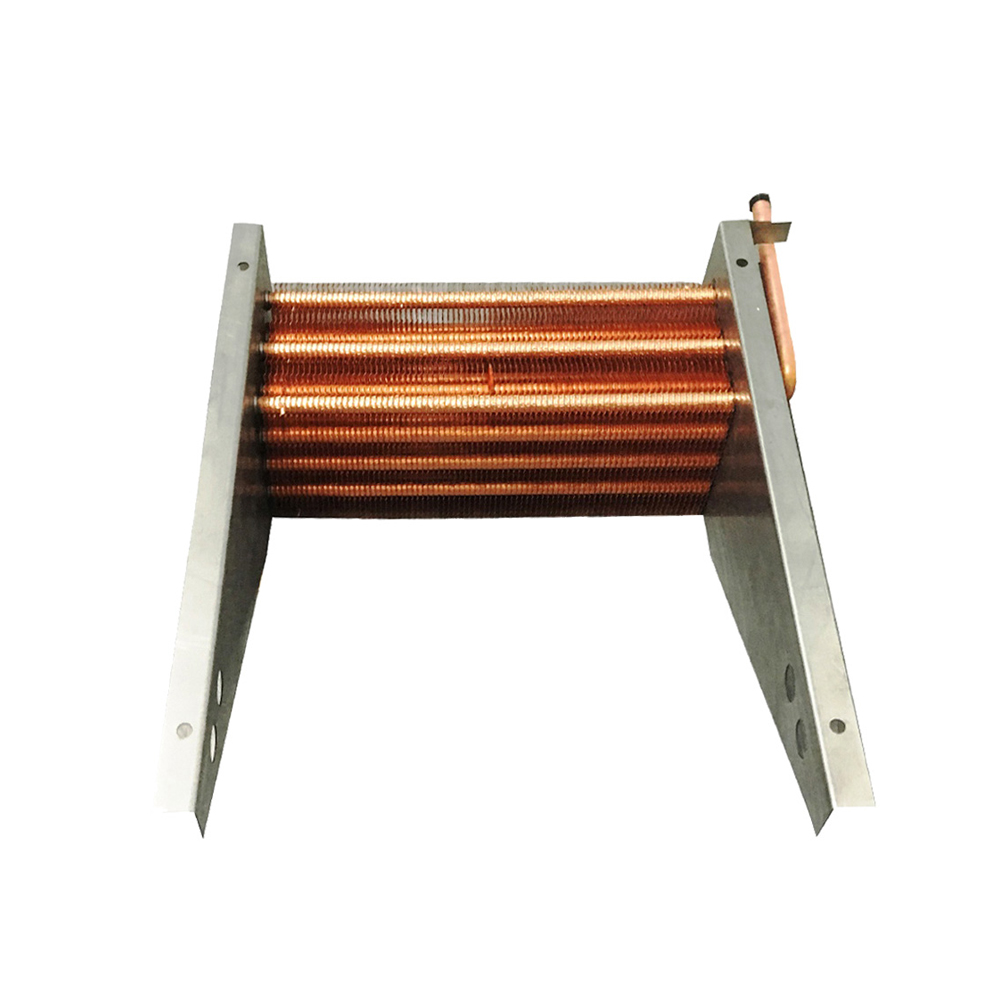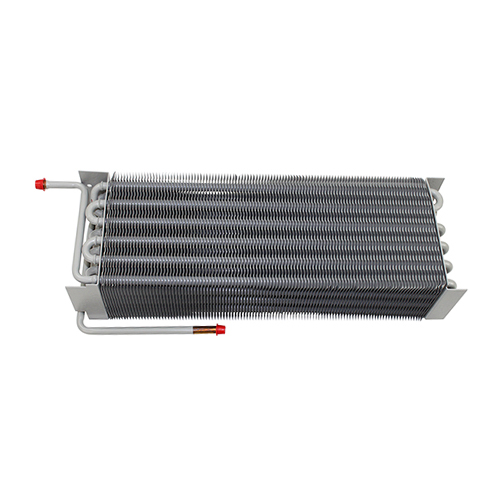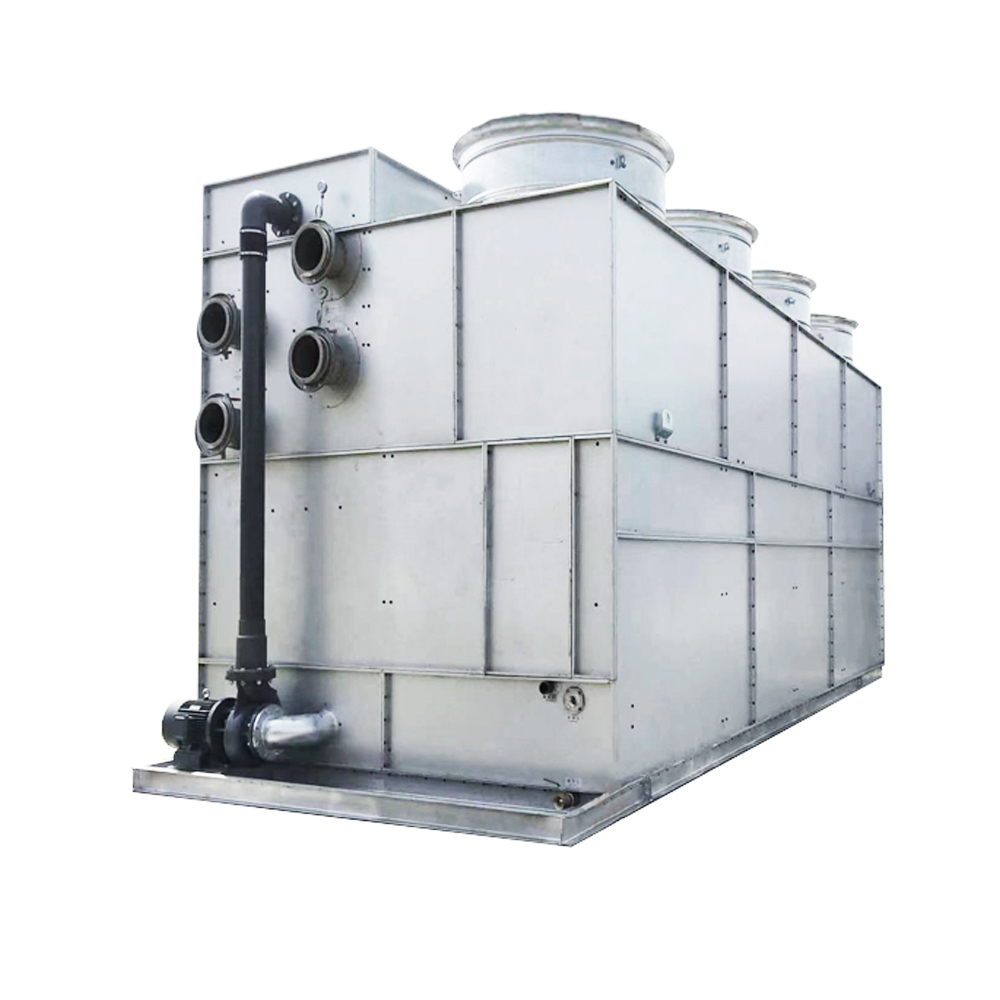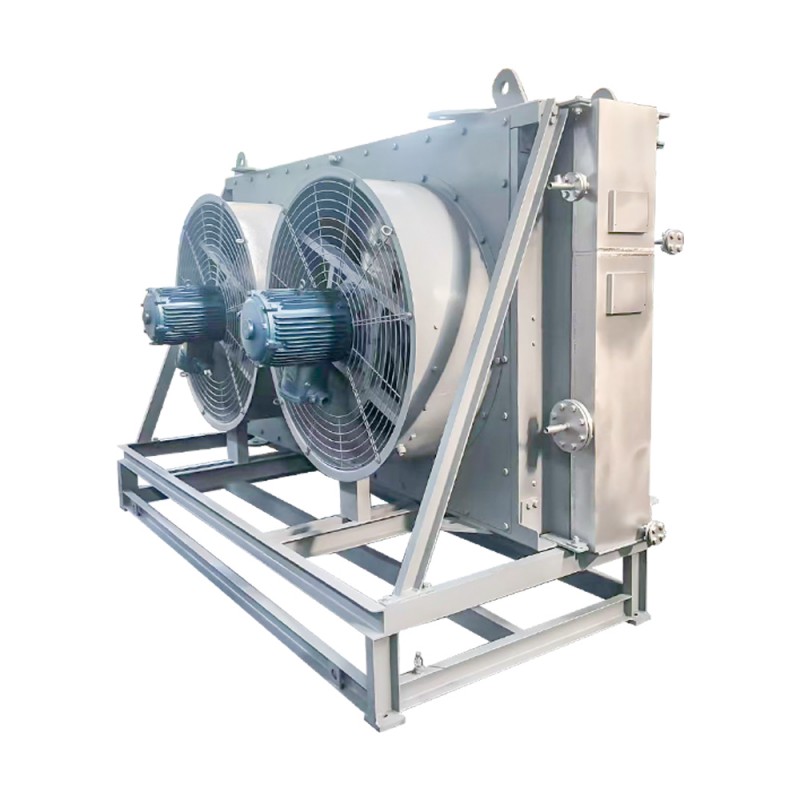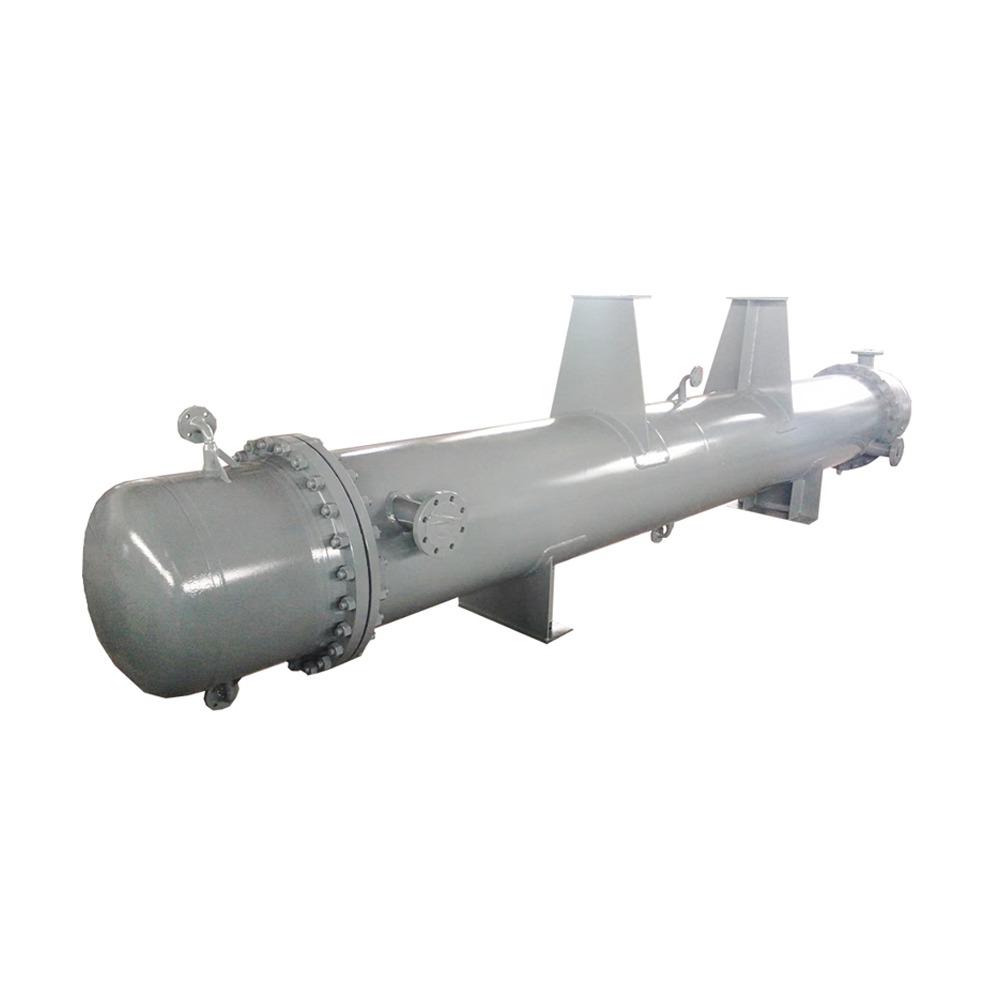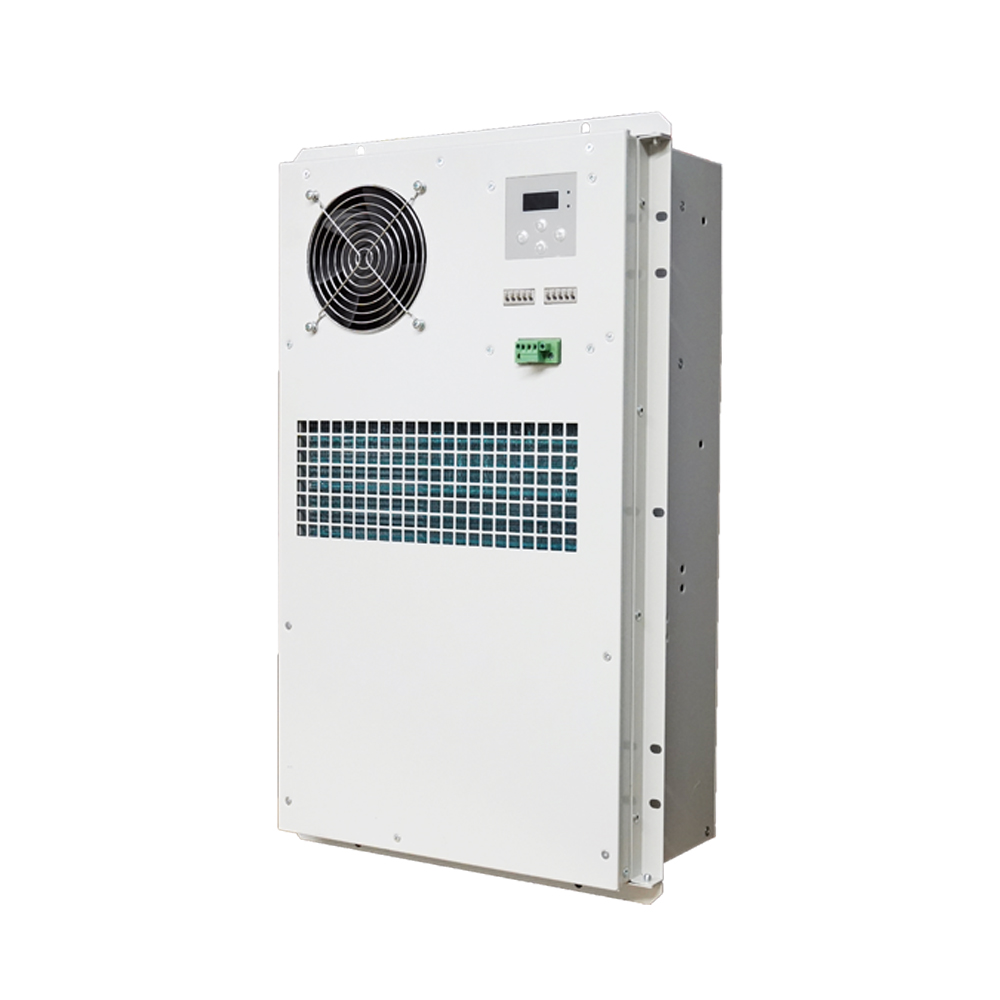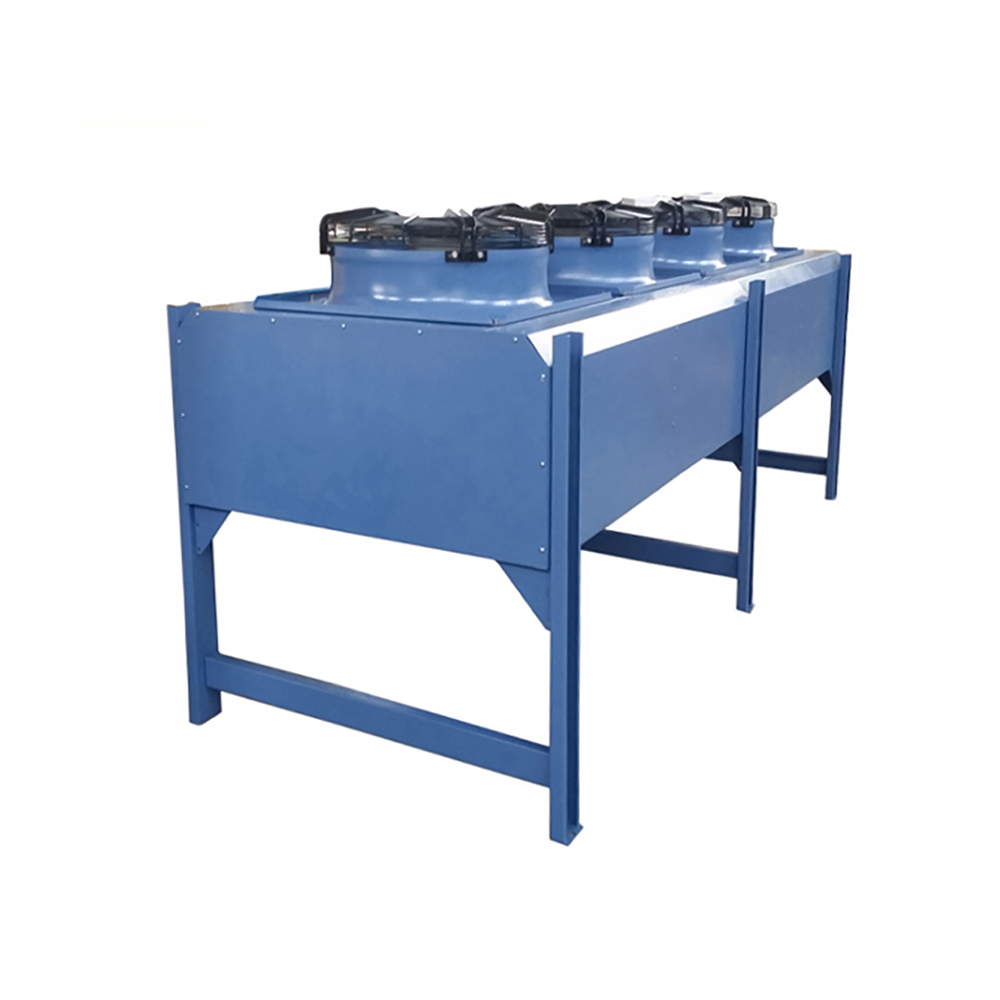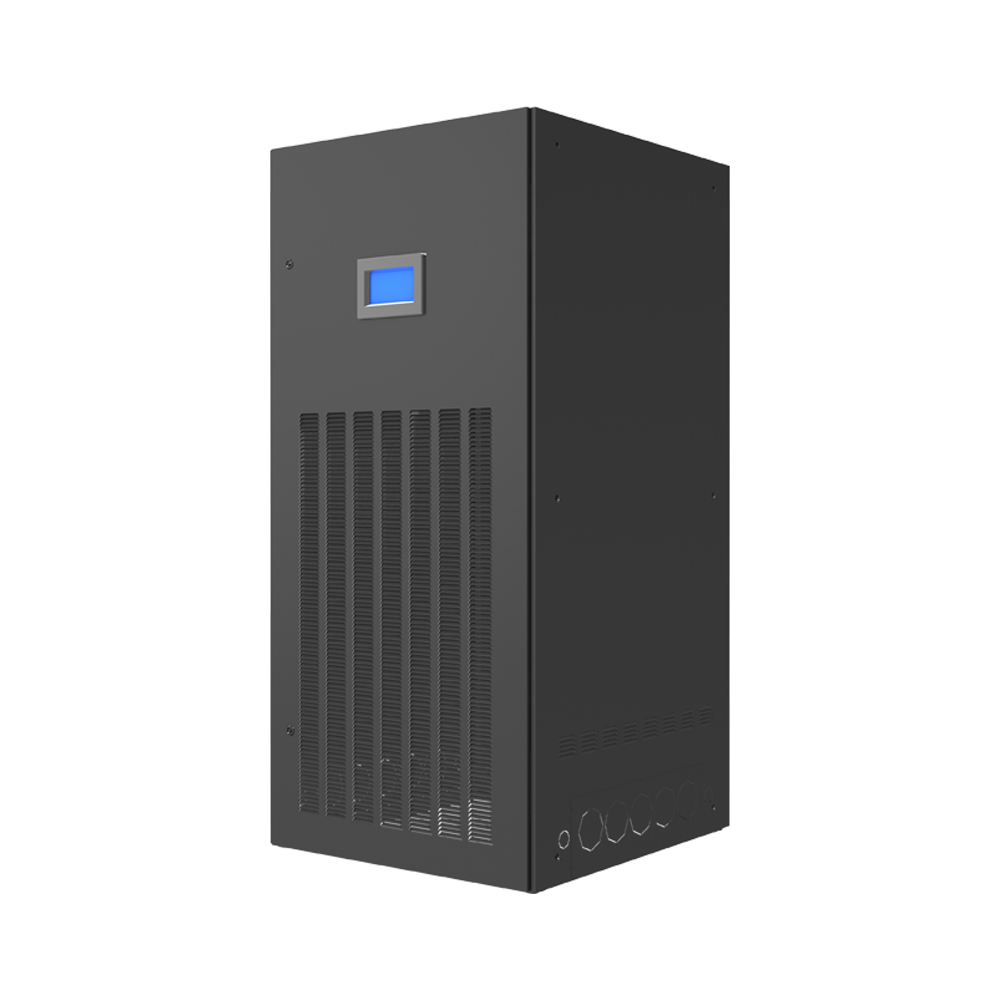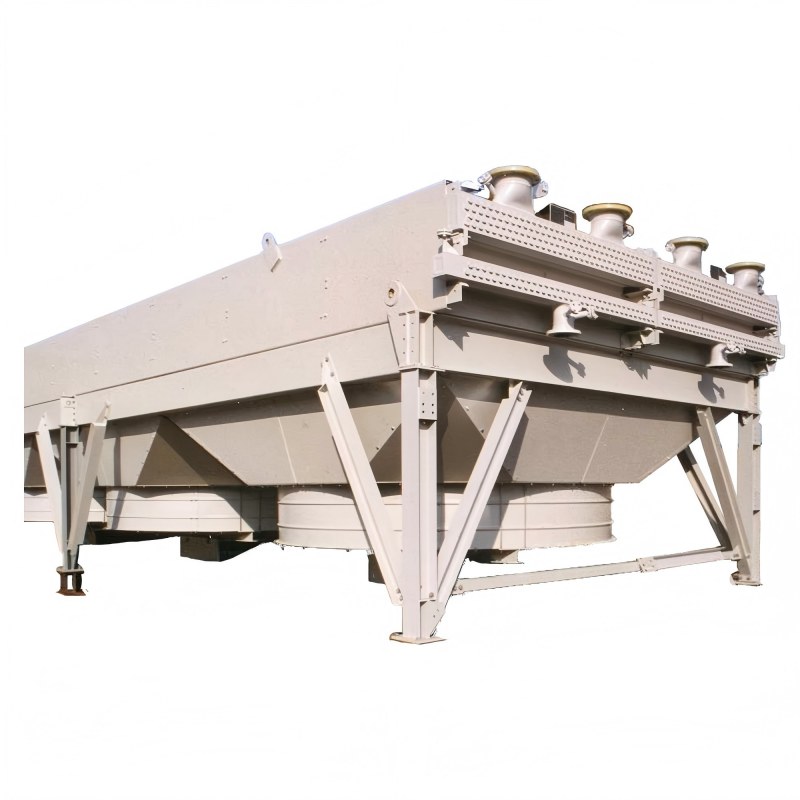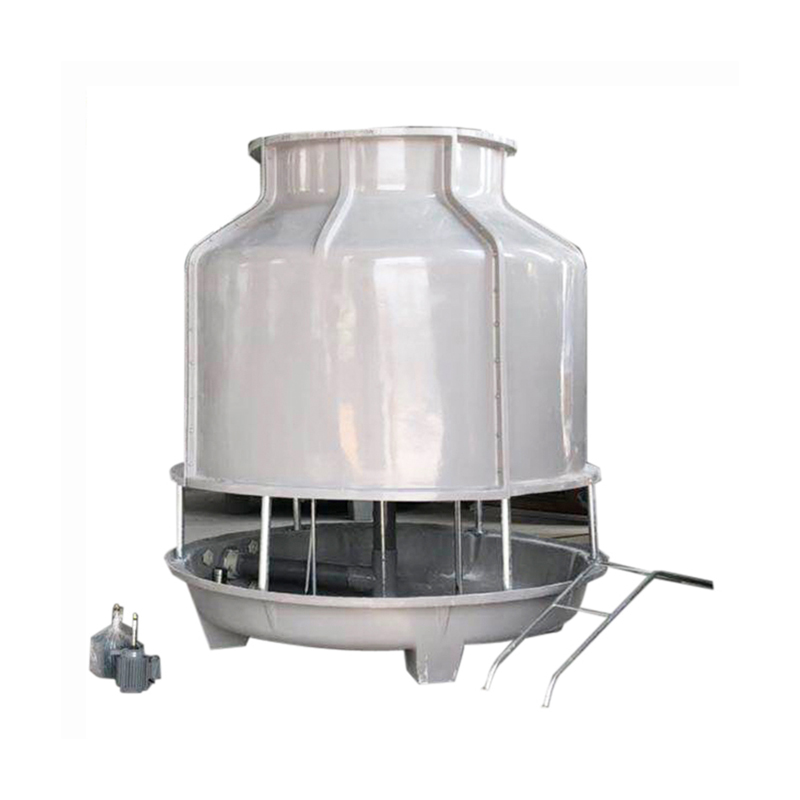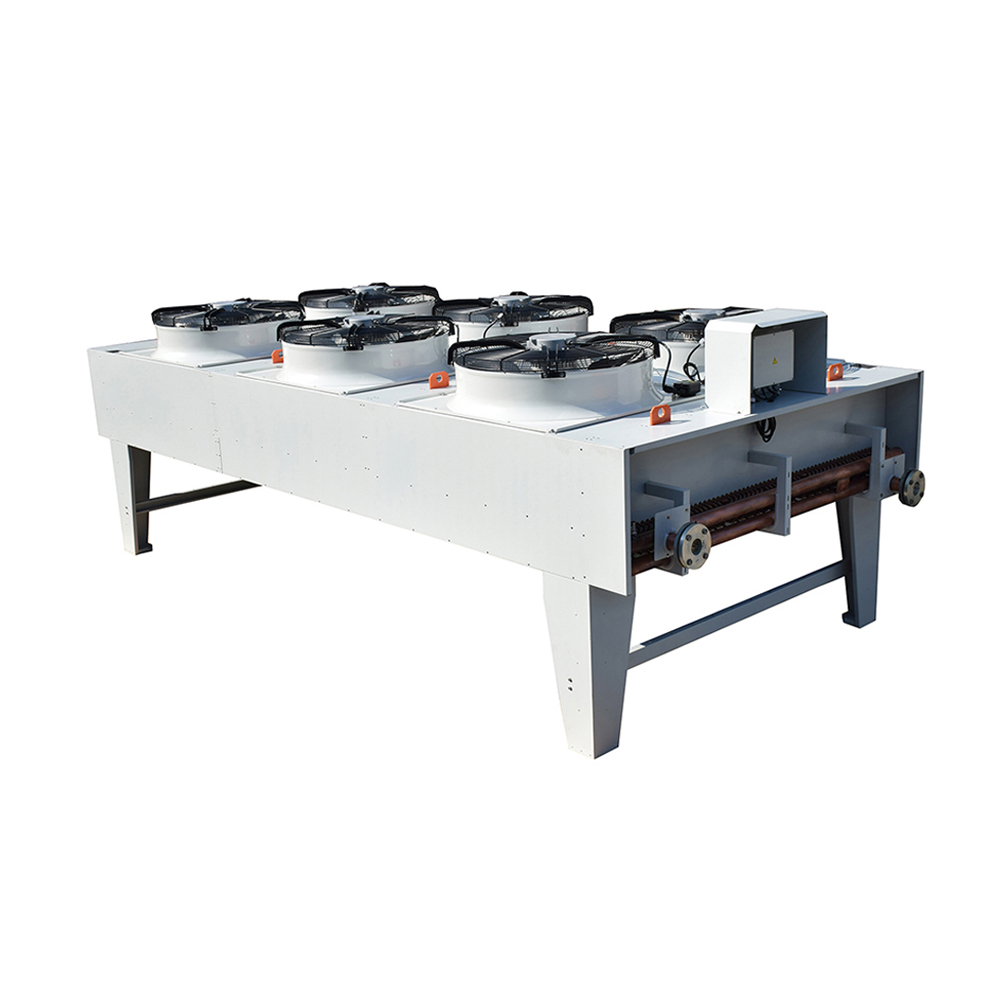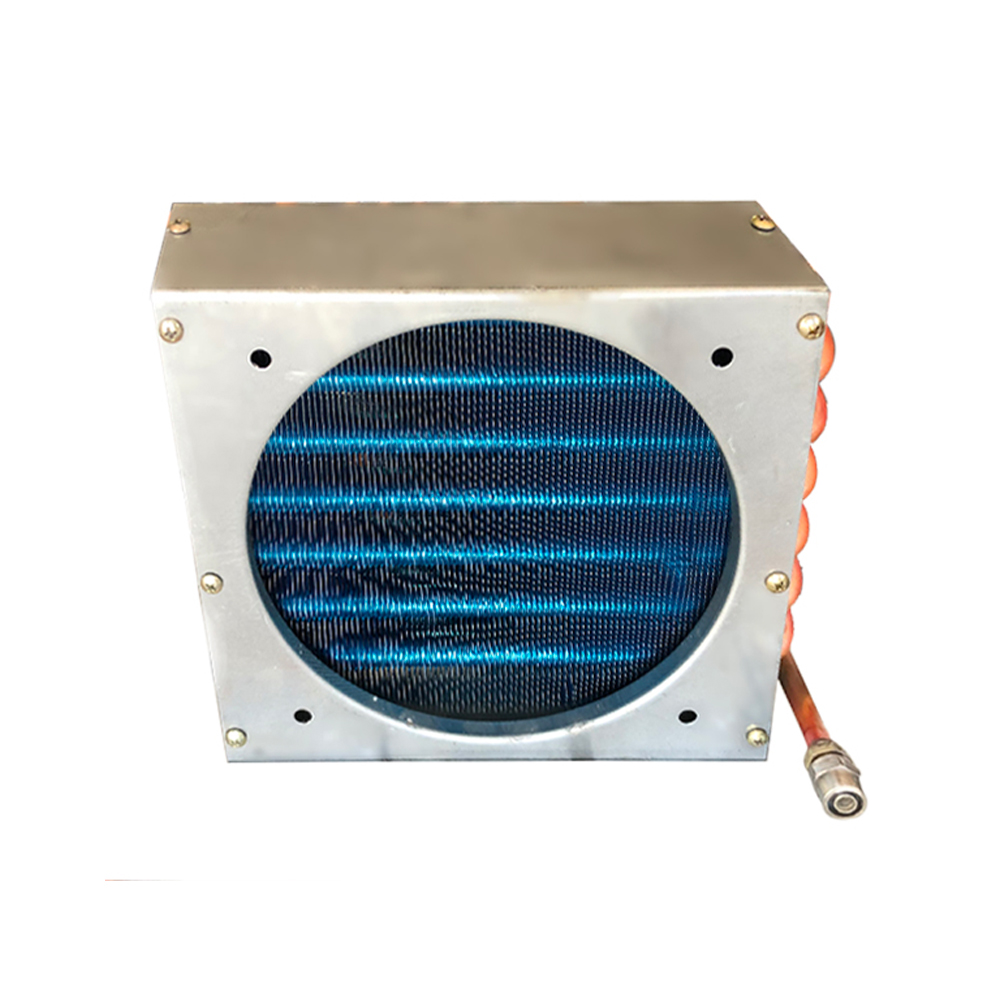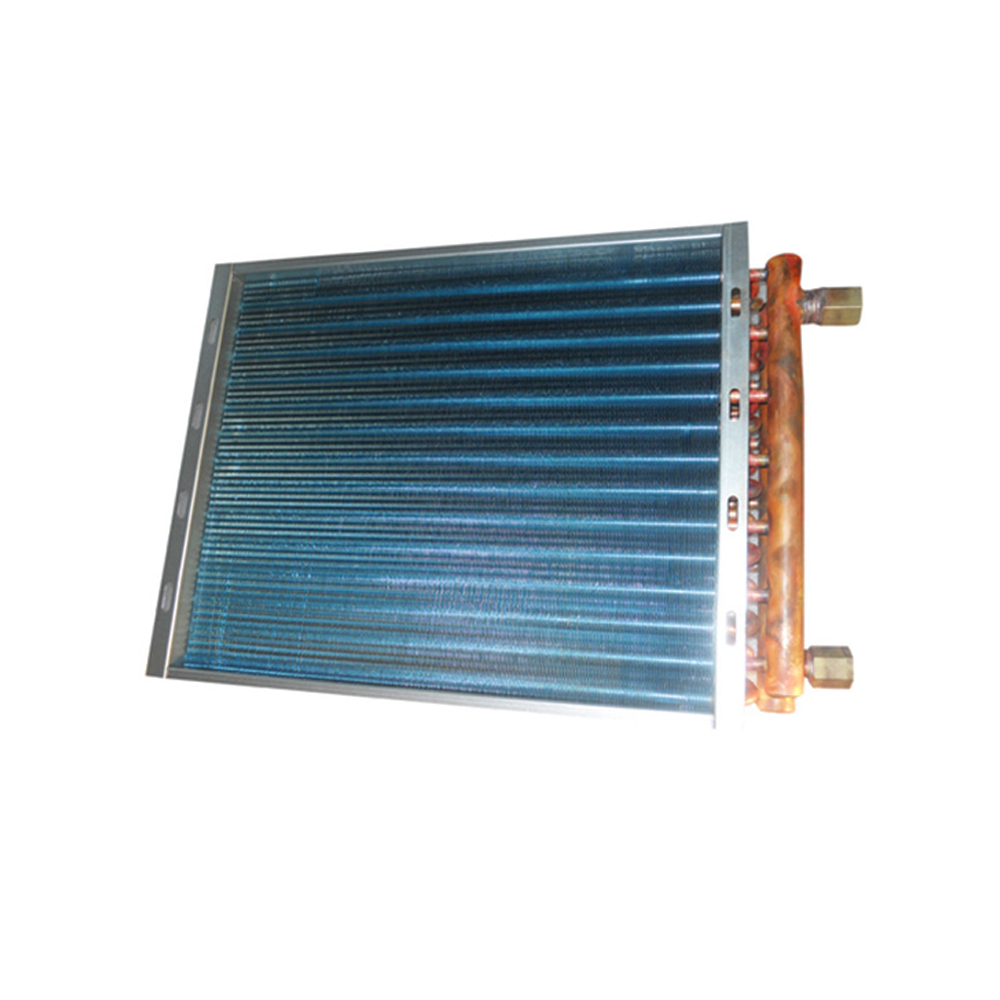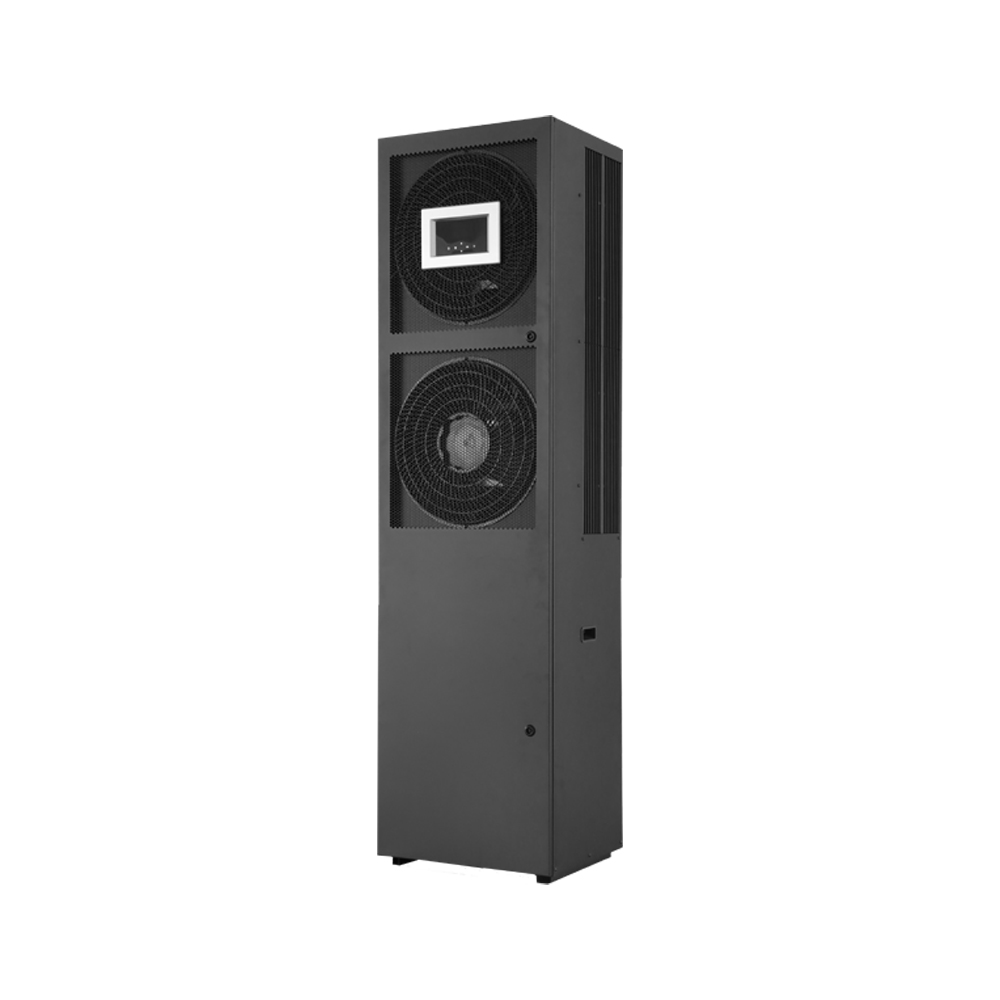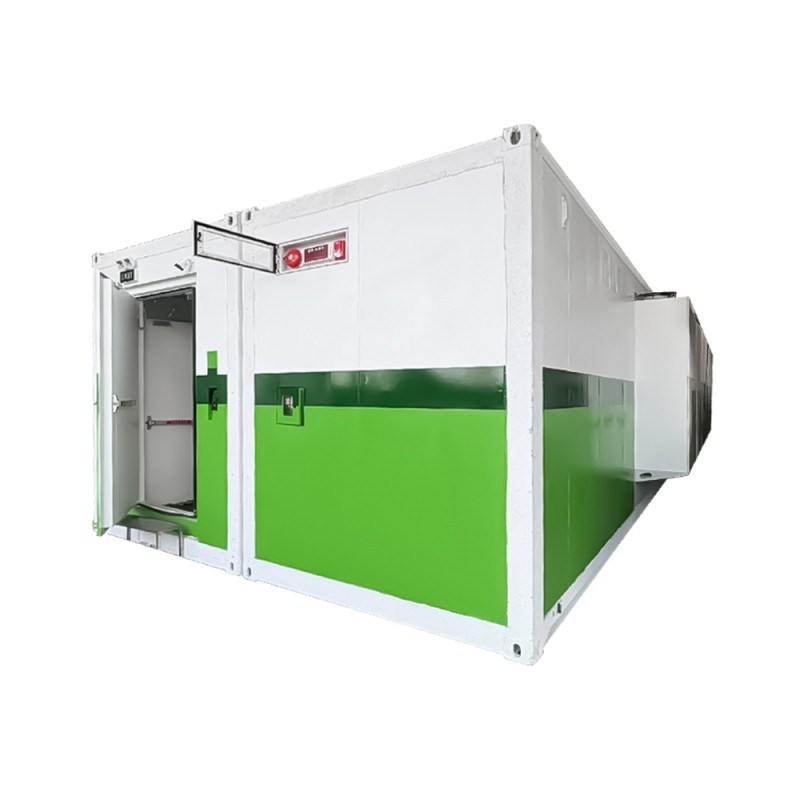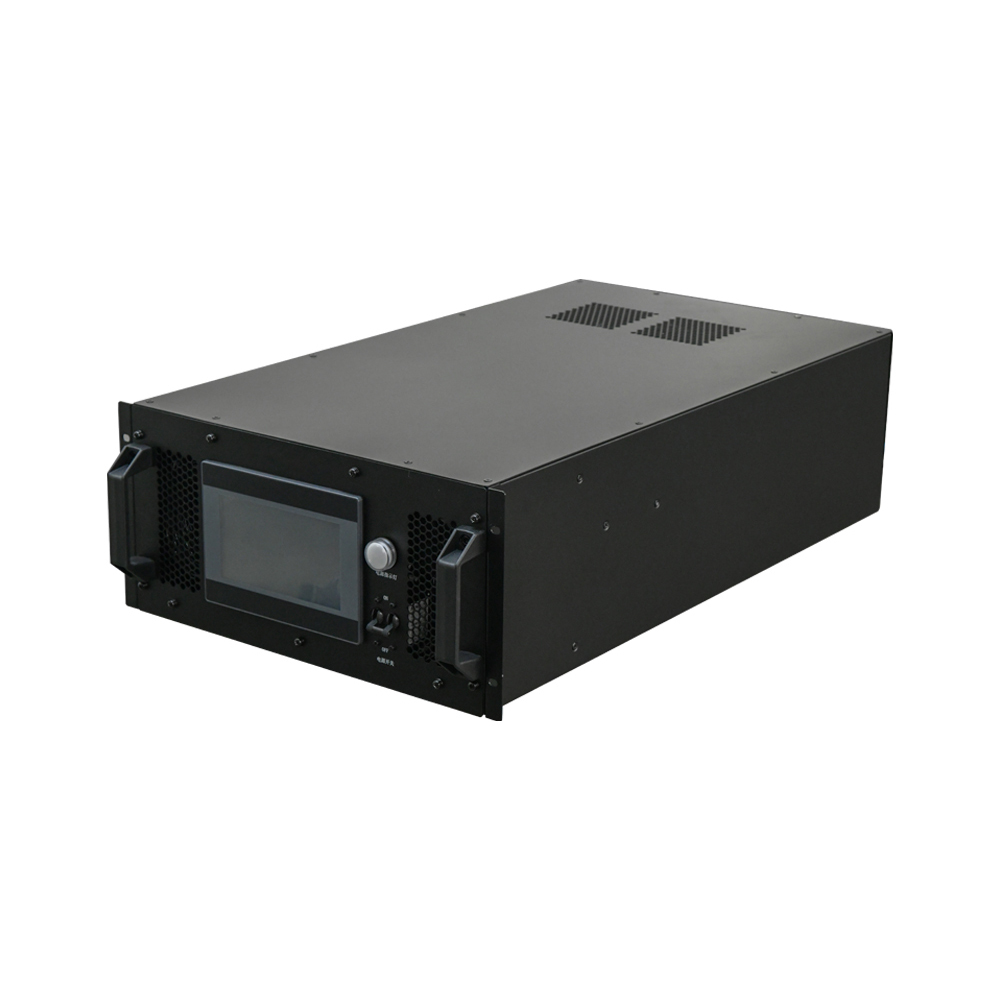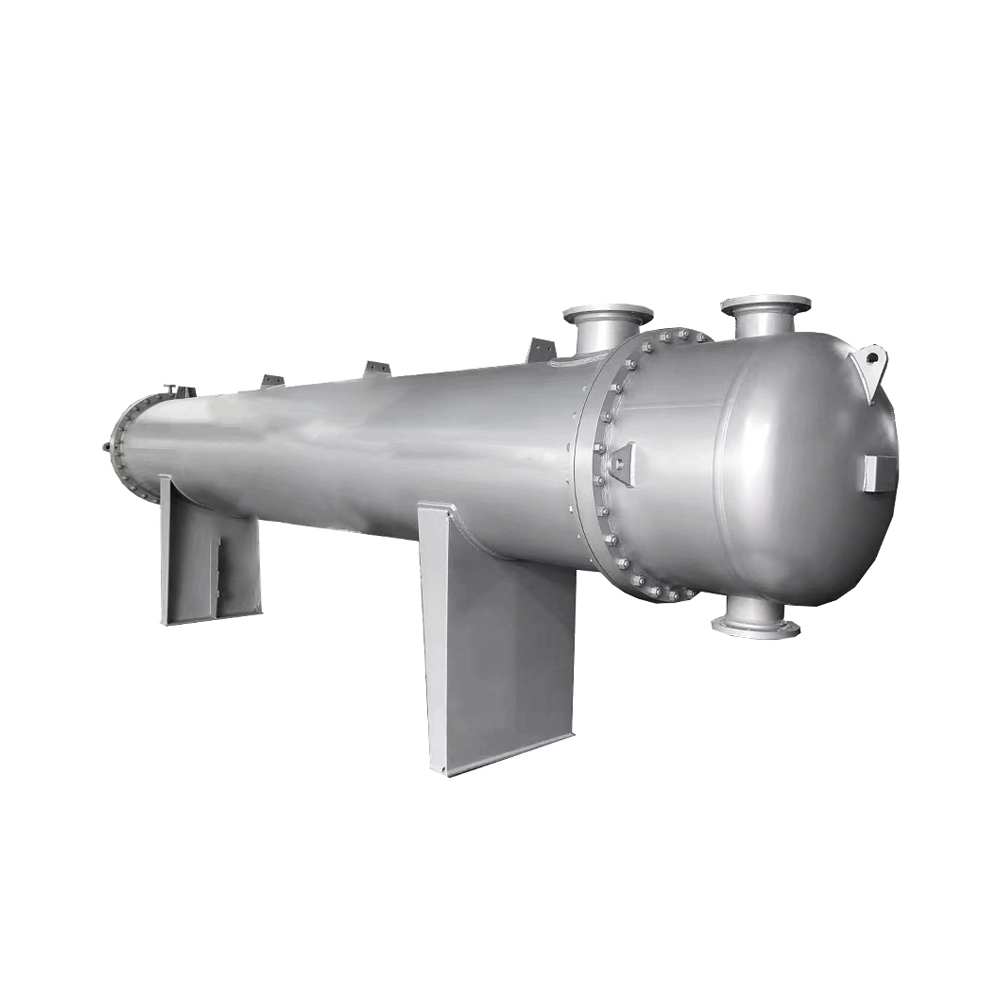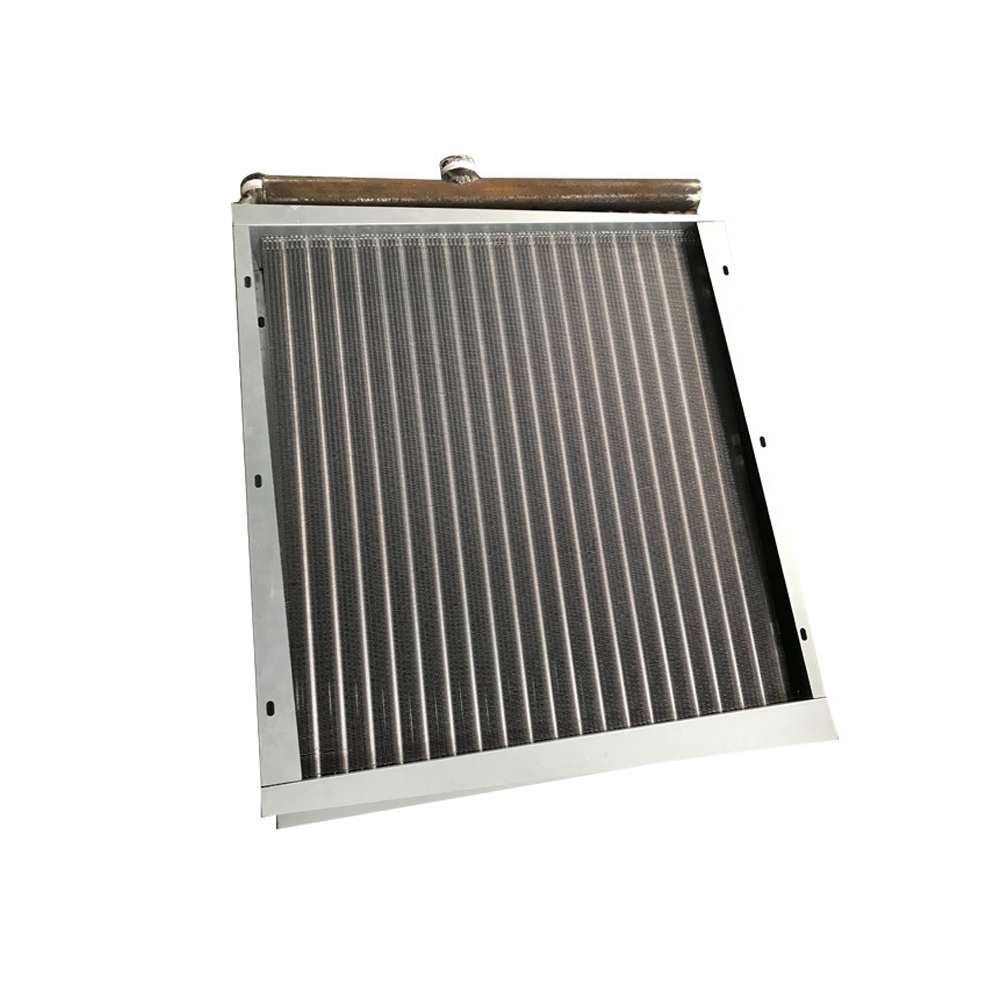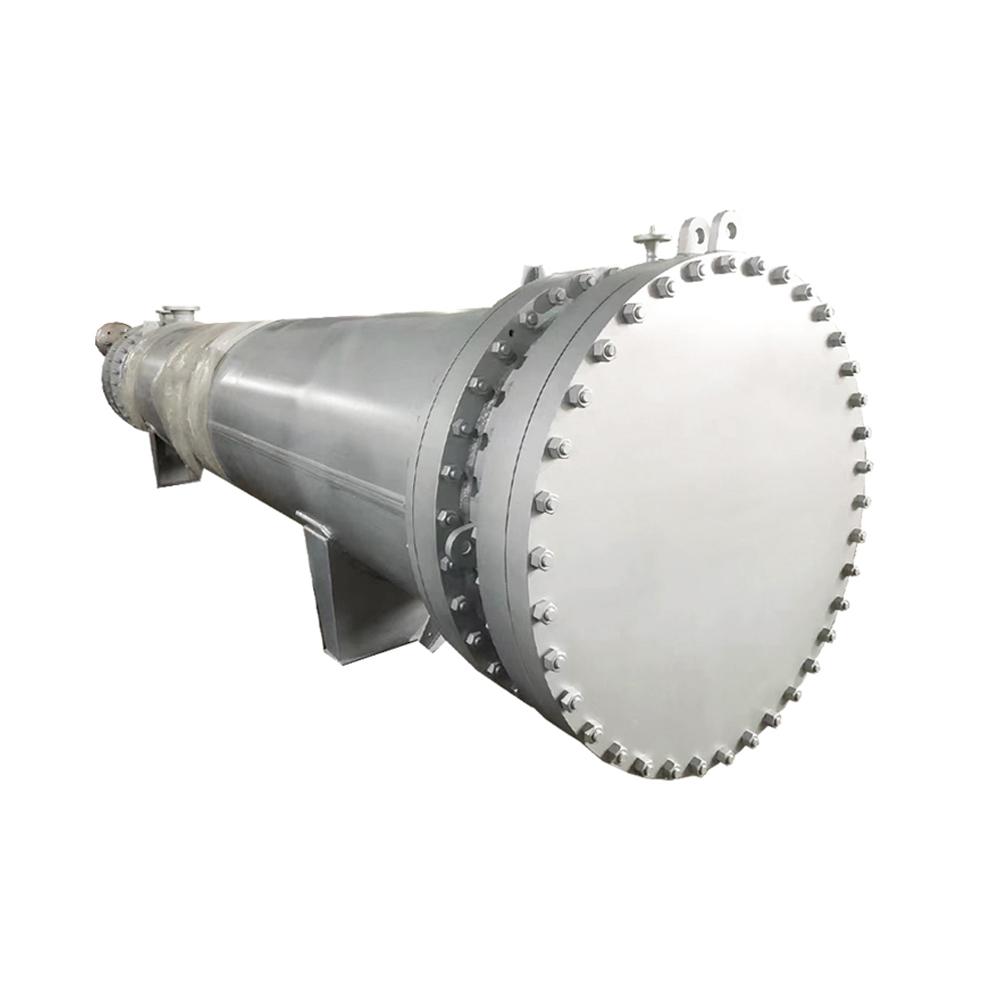This guide provides a comprehensive overview of steam coils, helping you choose the best option for your needs. We'll cover various types, factors to consider, and maintenance tips, ensuring you make an informed decision. Learn about different materials, BTU ratings, and applications to find the perfect steam coil for your specific requirements.
Understanding Steam Coils
What are Steam Coils?
Steam coils are heating elements that use steam to transfer heat to another medium, typically air or liquid. They consist of a series of tubes or pipes carrying high-pressure steam, surrounded by a casing through which the medium to be heated passes. The heat from the steam is transferred through the coil's walls, effectively heating the surrounding substance. This makes them versatile tools in various industrial and commercial applications.
Types of Steam Coils
Several types of steam coils exist, each suited for specific applications. These include:
- Finned Tube Steam Coils: These coils enhance heat transfer by increasing surface area. They are commonly used in heating air in spaces like warehouses or industrial buildings.
- Bare Tube Steam Coils: These coils have a simpler design without fins, ideal for applications requiring direct heat transfer to a liquid, such as in industrial process heating.
- Electric Steam Coils: Though not strictly steam-powered, these coils utilize electricity to generate steam, offering another way to achieve steam heating.
- Custom Designed Steam Coils: For unique applications, custom designed steam coils can be manufactured to meet precise specifications.
Factors to Consider When Choosing Steam Coils
Material
The material of a steam coil significantly impacts its durability and lifespan. Common materials include copper, stainless steel, and carbon steel. Copper offers excellent heat transfer, while stainless steel provides corrosion resistance. The choice depends on the application's requirements and the environment where the coil will operate. For example, stainless steel is preferred in environments with corrosive chemicals.
BTU Rating
The British Thermal Unit (BTU) rating indicates the amount of heat the steam coil can produce. This is a crucial factor in determining the coil's capacity to heat a given space or volume of liquid. Selecting a steam coil with an appropriate BTU rating is essential for efficient and effective heating.
Pressure Rating
The pressure rating specifies the maximum steam pressure the steam coil can safely withstand. This is vital for safety and longevity. Choosing a coil with a pressure rating exceeding the operating pressure is crucial for preventing leaks or failures.
Size and Dimensions
The physical size and dimensions of the steam coil must be compatible with the available space and the heating system's configuration. Accurate measurements and planning are crucial before purchasing.
Maintenance and Troubleshooting
Regular maintenance is key to extending the lifespan of your steam coils. This includes regular inspection for leaks, corrosion, and scale buildup. Cleaning and descaling are also essential to ensure optimal performance. Address any issues promptly to prevent further damage or potential safety hazards.
Finding the Right Steam Coil Supplier
Choosing a reliable supplier is crucial for ensuring the quality and performance of your steam coils. Consider factors such as experience, reputation, and customer support when selecting a supplier. A reputable supplier will provide technical assistance and support throughout the selection and installation process. For high-quality steam coils and exceptional service, consider exploring options like Shanghai SHENGLIN M&E Technology Co.,Ltd. They offer a wide range of steam coils to meet diverse needs.
Conclusion
Selecting the best steam coils involves careful consideration of several factors. By understanding the different types, materials, and specifications, you can choose a steam coil that meets your specific needs and ensures efficient and reliable heating performance. Remember to prioritize safety and choose a reputable supplier for long-term success.









